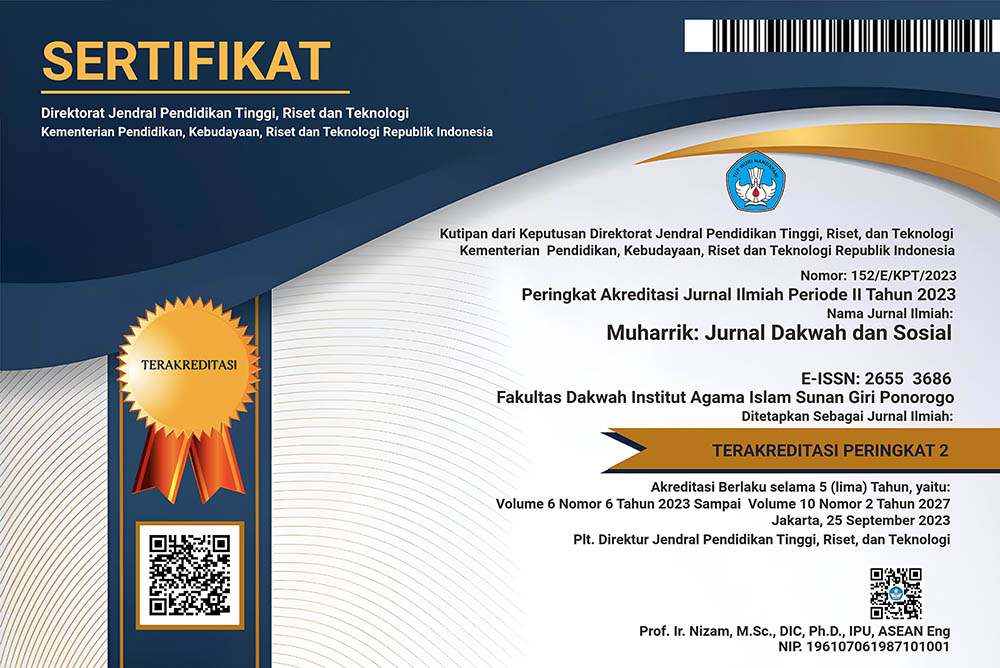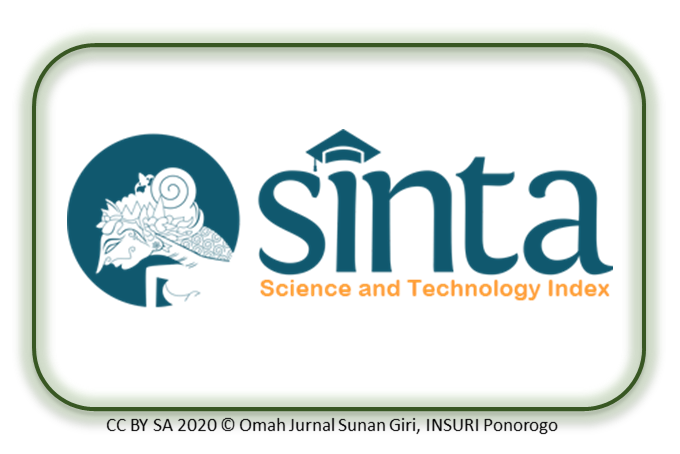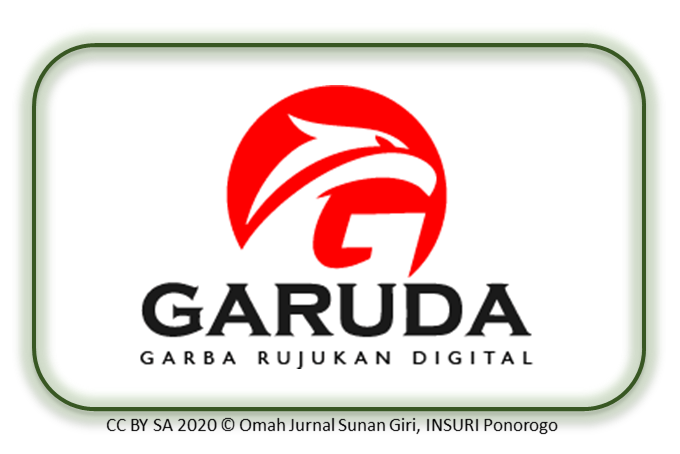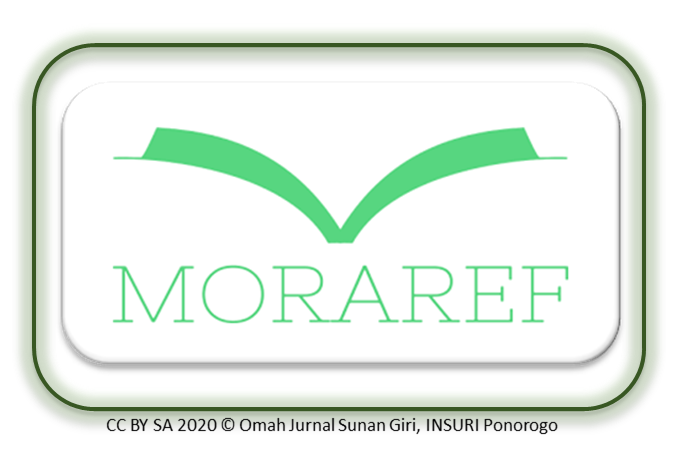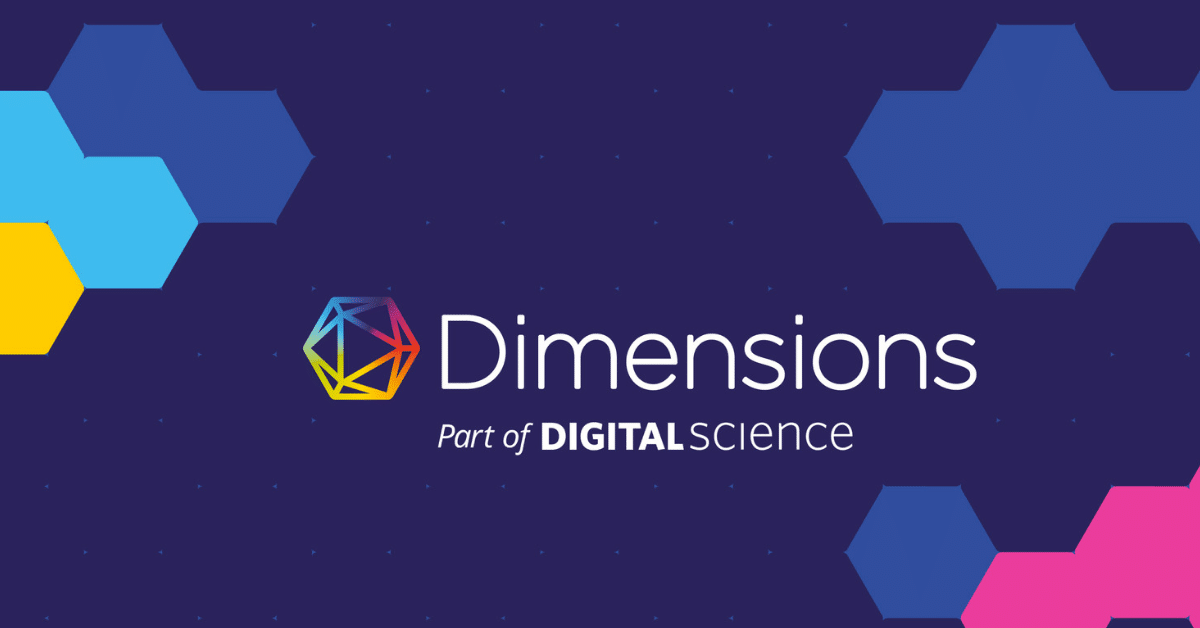Fostering Community Inclusion through Parental Engagement: A Case Study from Klaten, Indonesia
Keywords:
Parental Participation; Fulfillment of the Rights of Children with Disabilities; Inclusion CenterAbstract
This study sets out to evaluate the impact of parental participation on the welfare of children with disabilities in community-based rehabilitation programs. The research seeks to answer the following questions: First, how does parental involvement facilitate the rehabilitation process at the Karanganom District Inclusion Centre (ICKK), Klaten Regency, and second, how does such participation contribute to fulfilling the rights of children with disabilities? The study adopts a qualitative descriptive method with a case study approach. A comprehensive data collection approach was employed, encompassing in-depth interviews with 15 parents actively involved in the rehabilitation program, participatory observations of rehabilitation activities, and a thorough analysis of policy documents and program reports. The research findings underscore the multifaceted nature of parental involvement, highlighting its role in providing direct assistance in therapy sessions, facilitating life skills training for children, and fostering participation in parent support groups. Concretely, this involvement has been found to enhance children's communication, motor, and independence skills in daily activities.Furthermore, parents advocate for children's access to inclusive education and health services. However, limited access to resources and the capacity of parents to support rehabilitation remain significant challenges. This study acknowledges the potential for bias in data interpretation, given parents' dual role as participants and evaluators. Consequently, further research involving the perspective of rehabilitation professionals is necessary to provide a more objective picture. The findings of this research underscore the necessity for more comprehensive policies to enhance the capacity of parents as strategic partners in the rehabilitation of children with disabilities.
References
Abdin, M., & Tetelepta, J. M. (2021). Faktor Penghambat Pemenuhan Hak Pendidikan Disabilitas di Kota Ambon. Diterbitkan Oleh: Jurusan Pendidikan Pancasila Kewarganegaraan Fakultas Ilmu Sosial-Universitas Negeri Medan.
Acar, S., Chen, C.-I., & Xie, H. (2021). Parental involvement in developmental disabilities across three cultures: A systematic review. Research in Developmental Disabilities, 110, 103861.
Alfaris, M. R. (2017). Dukungan Sosial dan Aksesbilitas Pendidikan Inklusi Di Perguruan Tinggi Berorientasi Masa Depan dan Kontinuitas. Prosiding Praktik Pendidikan Bagi Penyandang Disabilitas. Malang: PSLD UB.
Allo, E. A. T. (2022). Penyandang Disabilitas di Indonesia. NUSANTARA: Jurnal Ilmu Pengetahuan Sosial, 9(3), 807–812.
Amado, A. N., Stancliffe, R. J., McCarron, M., & McCallion, P. (2013). Social inclusion and community participation of individuals with intellectual/developmental disabilities. Intellectual and Developmental Disabilities, 51(5), 360–375.
Azis, F. (2020). The family decision making patterns of children with special needs: A sociology study of the family. AL MA’ARIEF: Jurnal Pendidikan Sosial Dan Budaya, 2(2), 53–59.
Bhopti, A. (2017). Promoting the occupations of parents of children with disability in early childhood intervention services–Building stronger families and communities. Australian Occupational Therapy Journal, 64(5), 419–422.
Bîrneanu, A. G., Alexiu, T. M., Baciu, E., Sandvin, J. T., & Fylling, I. (2016). The Role and Influence of Family and Community Relations on the Disabled Persons’ Labor Market Status: Perspectives of Disabled Individuals and Family Members. Social Work Review/Revista de Asistenta Sociala, 15(2).
Case-Smith, J. (2013). A systematic review of interventions to promote social-emotional development in young children with or at risk for disability. The American Journal of Occupational Therapy, 67(4), 395–404.
Chung, E. Y.-H., Packer, T., & Yau, M. (2011). When East meets Wests: community-based rehabilitation in Chinese communities. Disability and Rehabilitation, 33(8), 697–705.
Cockburn, L., Mbibeh, L., & Awa, J. C. (2019). The GRID Network: A Community of Practice for Disability Inclusive Development. Disability, CBR & Inclusive Development, 30(2), 84–94.
Cohen, J. M., & Uphoff, N. T. (1980). Participation’s place in rural development: Seeking clarity through specificity. World Development, 8(3), 213–235.
Coussens, M., Vitse, F., Desoete, A., Vanderstraeten, G., Van Waelvelde, H., & Van de Velde, D. (2021). Participation of young children with developmental disabilities: parental needs and strategies, a qualitative thematic analysis. BMJ Open, 11(4), e042732.
Dewi, R. K., Pramana, R. P., Sadaly, H., Dewi, R. K., Pramana, R. P., & Sadaly, H. (2020). Kendala Mewujudkan Pembangunan Inklusif Penyandang Disabilitas. The SMERU Research Institute.
Fogle, K. C., Hoppey, D., & Allsopp, D. H. (2020). The fight within: Parent-educators advocating for their children with autism inside their school districts. Teacher Education and Special Education, 43(2), 162–177.
Forinash, M. (2012). Qualitative research methods, data collection and analysis: Interviews, observations, and content analysis. Dance/Movement Therapists in Action: A Working Guide to Research Options, 141–166.
Funke, A. (2019). Improving the quality of life of parents of children with developmental disabilities. Developmental Medicine & Child Neurology, 61(11), 1242.
García-Ripoll, M., & De la Corte-Rodríguez, H. (2023). Disability and the social impact of hemophilia. Blood Coagulation & Fibrinolysis, 34, S26–S28.
Healy, O., & Lydon, S. (2013). Early intensive behavioural intervention in autism spectrum disorders. In Recent Advances in Autism Spectrum Disorders-Volume I. IntechOpen.
Hronis, A., Roberts, R., Roberts, L., & Kneebone, I. (2020). Potential for children with intellectual disability to engage in cognitive behaviour therapy: The parent perspective. Journal of Intellectual Disability Research, 64(1), 62–67.
Imms, C., Granlund, M., Wilson, P. H., Steenbergen, B., Rosenbaum, P. L., & Gordon, A. M. (2017). Participation, both a means and an end: a conceptual analysis of processes and outcomes in childhood disability. Developmental Medicine & Child Neurology, 59(1), 16–25.
Jespersen, L. N., Michelsen, S. I., Tjørnhøj-Thomsen, T., Svensson, M. K., Holstein, B. E., & Due, P. (2019). Living with a disability: a qualitative study of associations between social relations, social participation and quality of life. Disability and Rehabilitation, 41(11), 1275–1286.
Kagan, R. (2014). Rebuilding attachments with traumatized children: Healing from losses, violence, abuse, and neglect. Routledge.
Lancaster, K., Bhopti, A., Kern, M. L., Taylor, R., Janson, A., & Harding, K. (2023). Effectiveness of peer support programmes for improving well‐being and quality of life in parents/carers of children with disability or chronic illness: A systematic review. Child: Care, Health and Development, 49(3), 485–496.
Lassi, Z. S., Cometto, G., Huicho, L., & Bhutta, Z. A. (2013). Qualité des soins prodigués par les agents de santé de niveau intermédiaire: Revue systématique et méta-analyse. Bulletin of the World Health Organization, 91(11), 824–833.
Lipstein, E. A., Brinkman, W. B., & Britto, M. T. (2012). What is known about parents’ treatment decisions? A narrative review of pediatric decision making. Medical Decision Making, 32(2), 246–258.
Mack, N. (2005). Qualitative research methods: A data collector’s field guide.
Mahagiyani, M., & Sugiono, S. (2024). Buku Ajar Metodologi Penelitian.
Mantey, E. E. (2020). Parental involvement: A response to children with disability’s education. African Research Review, 14(1), 27–39.
Milner, P., & Kelly, B. (2009). Community participation and inclusion: People with disabilities defining their place. Disability & Society, 24(1), 47–62.
Musendo, D. J., Scherer, N., Jepkosgei, J., Maweu, L., Mupiwa, A., Hara, O., Polack, S., & Patel, D. (2023). A Systematic Review of Interventions Promoting Parental Involvement in the Education of School-Aged Children With Disabilities. Australasian Journal of Special & Inclusive Education, 47(2).
Nasution, H. A. (2019). To Vote and to Be Voted, the Political Rights of People with Disabilities in the Contestation of General Election: The Study in Special Region of Yogyakarta. Jurnal HAM, 10, 161.
Nazir, M. (2005). Metode Penelitian, Bogor: Ghalia Indonesia. Jurnal Pendidikan Agama Islam.
Nowak, H. I., Broberg, M., & Starke, M. (2020). Opportunity to participate in planning and evaluating support for children with disabilities: Parents' and professionals' perspectives. Journal of Intellectual Disabilities, 24(1), 5–20.
Ogedengbe, T. O. (2023). Content development for a tool to assess the preparedness of employment environment to welcome people with visual impairment.
Oliver, M., & Barnes, C. (2013). Disability studies, disabled people and the struggle for inclusion. In The sociology of disability and inclusive education (pp. 20–33). Routledge.
Pinilla-Roncancio, M., & Alkire, S. (2021). How poor are people with disabilities? Evidence based on the global multidimensional poverty index. Journal of Disability Policy Studies, 31(4), 206–216.
Putri, E. L. (2022). Evaluasi Dampak Program Disabilitas Berdaya Terhadap Keluarga Penyandang Disabilitas Di Yayasan Bina Kesejahteraan Masyarakat Bekasi. Fakultas Dakwah dan Ilmu Komunikasi UIN Syarif Hidayatullah Jakarta.
Reyes, E. I. (1999). Parents, Families, and Communities Ensuring Children’s Rights. The Bilingual Review, 24(1/2), 53.
Sharma, M. (2007). Community participation in community-based rehabilitation programmes. Asia Pacific Disability Rehabilitation Journal, 18(2), 146–157.
Shepherd, K. G., & Kervick, C. T. (2016). Enhancing collaborative leadership among parents of children with disabilities: New directions for policy and practice. Journal of Disability Policy Studies, 27(1), 32–42.
Sommanustweechai, A., Putthasri, W., Nwe, M. L., Aung, S. T., Theint, M. M., Tangcharoensathien, V., & Wynn, S. S. (2016). Community health worker in hard-to-reach rural areas of Myanmar: filling primary health care service gaps. Human Resources for Health, 14, 1–7.
Stallard, P. (2022). Evidence-based practice in cognitive–behavioural therapy. Archives of Disease in Childhood, 107(2), 109–113.
Stoner, J. B. (2015). Roles of parents/families/guardians. In Interdisciplinary connections to special education: Important aspects to consider (Vol. 30, pp. 131–150). Emerald Group Publishing Limited.
Sukanda, R. (2016). Pemanfaatan Asset Based Community Development Bagi Disabilitas. Pekerjaan Sosial, 15(1).
Turnbull, R., & Turnbull, A. (2015). Looking backward and framing the future for parents’ aspirations for their children with disabilities. Remedial and Special Education, 36(1), 52–57.
Uceng, A., Ali, A., Mustanir, A., & Nirmawati, N. (2019). Analisis Tingkat Partisipasi Masyarakat Terhadap Pembangunan Sumber Daya Manusia Di Desa Cemba Kecamatan Enrekang Kabupaten Enrekang. Moderat: Jurnal Ilmiah Ilmu Pemerintahan, 5(2), 1–17.
Vigerland, S., Lenhard, F., Bonnert, M., Lalouni, M., Hedman, E., Ahlen, J., Olén, O., Serlachius, E., & Ljótsson, B. (2016). Internet-delivered cognitive behavior therapy for children and adolescents: a systematic review and meta-analysis. Clinical Psychology Review, 50, 1–10.
Weaver, S. (2011). The impact on parents of caring for people with intellectual disabilities and autism spectrum disorder. University of Birmingham.
Widinarsih, D. (2019). Penyandang disabilitas di indonesia: perkembangan istilah dan definisi. Jurnal Ilmu Kesejahteraan Sosial, 20(2), 127–142.
Downloads
Published
Issue
Section
License
Copyright (c) 2024 Agus Riyadi, Hatta Abdul Malik, Abdul Karim

This work is licensed under a Creative Commons Attribution-NonCommercial 4.0 International License.
The author(s) retain/s the copyright and grant/s Muharrik: Jurnal Dakwah dan Sosial the first publication rights licensed under the Creative Commons Attribution-NonCommercial 4.0 International (CC BY-NC 4.0) , which allows others to access (search, read, download and quote), share (copy and redistribute the material in any media or format) and adapt (mix, modify and develop) works for legitimate non-commercial purposes, with recognition of the authorship of the work and its initial publication in this journal.

